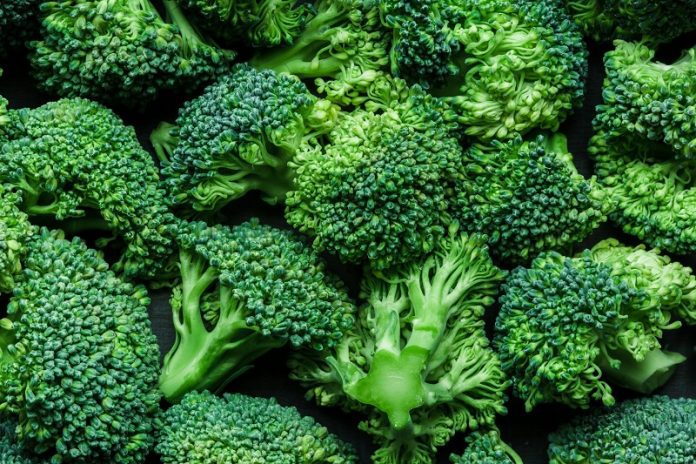
Folate is a crucial nutrient that helps your body function properly. It’s a type of B vitamin, specifically vitamin B9.
Our bodies use folate to make DNA and other genetic material, and it’s essential for cell division.
This makes folate especially important during periods of rapid growth such as pregnancy and infancy.
Foods high in folate include leafy green vegetables like spinach, broccoli, and lettuce, fruits like oranges and bananas, beans, peas, and nuts. Other good sources are fortified foods such as cereals, rice, and bread, which have folic acid added to them.
Folic acid is the synthetic form of folate and is used in supplements and food fortification because it is more stable and raises folate levels in the blood more efficiently than folate from food sources.
The benefits of folate are wide-ranging and crucial for health. One of its primary roles is helping prevent birth defects in the brain and spine, known as neural tube defects. This is why folate is considered essential for pregnant women and those trying to conceive.
Health organizations around the world recommend that women who could become pregnant take a daily supplement of folic acid to help prevent these types of birth defects.
Research also suggests that folate may help prevent other types of birth defects, including some congenital heart defects and limb malformations. Additionally, adequate folate intake is linked to a lower risk of developing cardiovascular diseases.
It helps to break down an amino acid in the blood called homocysteine. High levels of homocysteine are associated with an increased risk of heart and blood vessel diseases.
Moreover, folate might play a role in cancer prevention. Some studies suggest that it could help protect against cancers of the colon, breast, and pancreas, although the evidence is not uniformly conclusive.
The relationship between folate and cancer appears complex. High folate levels may reduce the risk of cancer developing in people with normal folate levels but might accelerate growth of pre-existing tumors.
Folate also has benefits for mental health. There is evidence that it can help manage symptoms of depression and improve the effectiveness of antidepressant medications. Researchers believe this may be due to folate’s role in producing compounds in the brain that affect mood, including serotonin and dopamine.
Despite its importance, many people don’t get enough folate. This can lead to folate deficiency, which can cause symptoms such as tiredness, weakness, headaches, heart palpitations, and irritability. In severe cases, it might lead to a type of anemia where red blood cells are larger than normal.
Folate deficiency is more common in people who have diseases that affect nutrient absorption, like celiac disease, or in those who use certain medications that interfere with folate metabolism.
It’s also more likely if you consume a lot of alcohol, as this can damage the liver and affect how the body uses folate.
In summary, folate is a versatile and essential nutrient that supports our health in many critical ways. From reducing the risk of birth defects and heart disease to potentially protecting against some forms of cancer and aiding mental health, the benefits of maintaining adequate folate levels are clear.
Incorporating a variety of folate-rich foods into your diet is a simple yet effective way to ensure you reap these health benefits. Remember, a balanced diet rich in fruits, vegetables, and fortified foods can help maintain your body’s folate levels and support overall health.
Follow us on Twitter for more articles about this topic.
Copyright © 2024 Scientific Diet. All rights reserved.





